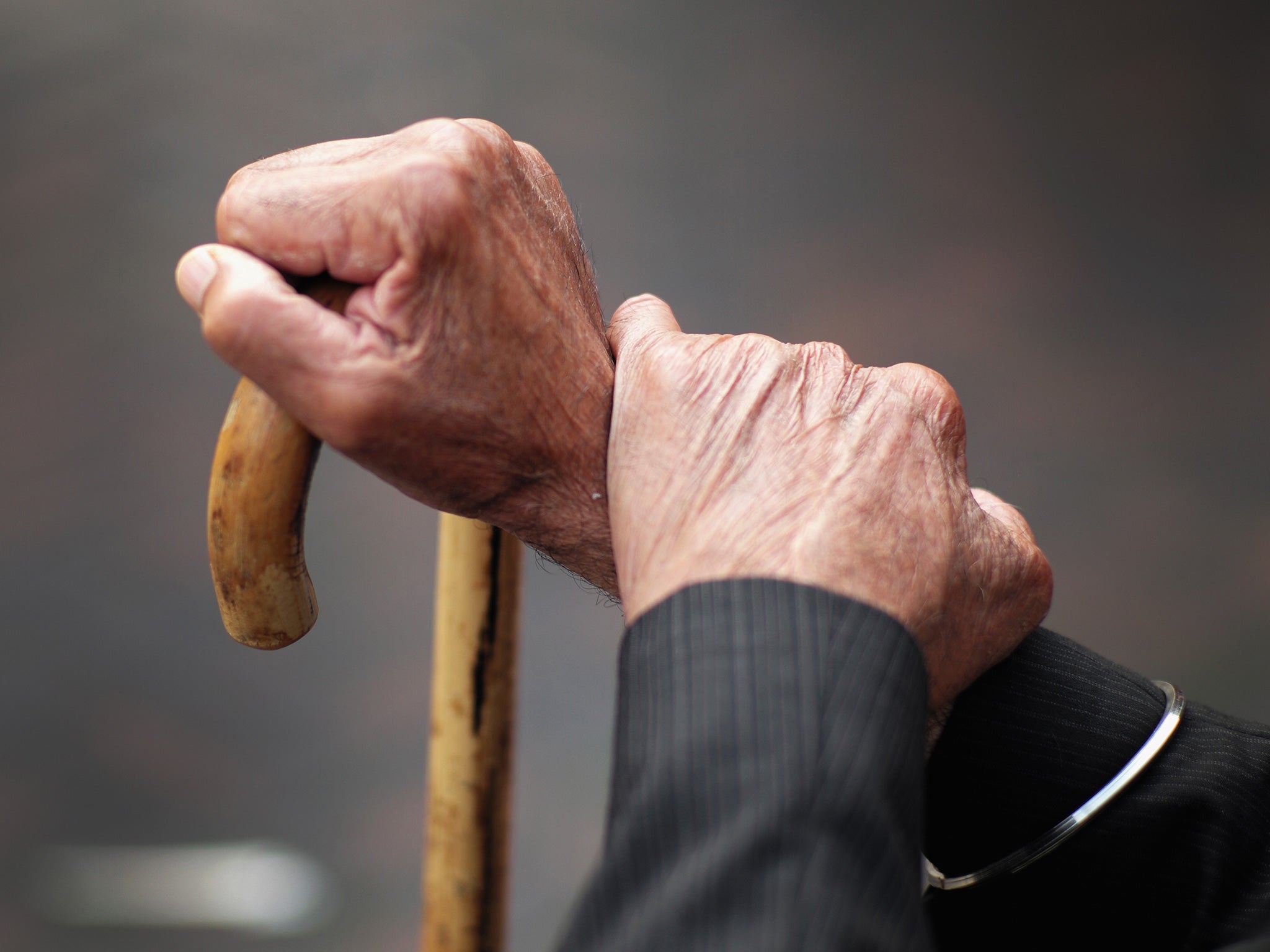More than a million carers are living in poverty, research warns
Campaigners have called for financial and practical support for carers to be improved amid concerns many are undergoing severe financial hardship

1.2 million carers in the UK are living in poverty, researchers have warned. Campaigners say many of the carers are providing specialist care for long hours and no pay, with little or no support financially or socially.
The research, undertaken by the New Policy Institute with funding from the Joseph Rowntree Foundation, found that among people providing 20 hours of care or more each week, 37 per cent are living in poverty. By comparison, the rate stands at 20 per cent for non-carers.
It is believed the issue is particularly impacting on women as they are more likely to be carers due to traditional gender roles and longer lifespans, meaning 12 per cent of women are informal carers, compared to 8 per cent of men.
A carer is someone who cares on a regular basis for a family member, friend or neighbour with a disability or long term condition. Often this is to look after a spouse, partner, parent or child. Estimates of how many carers there are in the UK vary between 5 million and 6 million.
Many will give up their career in order to take on caring duties full time after someone close to them becomes ill. Due to the expected nature of some illnesses, the move out of work can often be sudden and with little time to prepare financially.
Jackie Harrison, who lives in Yorkshire with her brother and her partner, gave up her job to be a full time carer. She looks after her brother who has complex needs due to Huntington’s disease. She says the Government needs to do more to support carers financially.
She told The Independent: “My partner works full time so that keeps us afloat but the Carers Allowance is way, way too low. People are often in situations they didn’t plan to be in and they have given up so, so much already. It can be hard.
“I’m effectively doing a specialist job, but I’ve had no training. I’m a pharmacist, a chiropodist, a physiotherapist all rolled in to one. You have to remember, specialist care for a condition like my brother has can cost to £2,000 for the state to employ professionals. Carers perform valuable services but we're not getting paid.”
Hannah Aldridge, Head of Analysis at the New Policy Institute, said: “These figures reveal the hidden costs faced by those who provide unpaid care. Without informal carers the NHS and social care services could not possibly function on the current level of resource. But providing this invaluable unpaid service too often means a life of poverty for the people who provide care. Carers deserve greater recognition and support.”
Heléna Herklots, Chief Executive of Carers UK said: “The unpaid care provided by the UK’s carers is valued at £132 billion a year, but the personal costs of providing care are high and are pushing families into poverty. This research highlights that the existing financial support for people with little or no capacity to work alongside caring is inadequate and, as a result, carers are too often ending up in financial hardship.
Caring is often a dual blow, with household incomes hit by reduced earnings, and bills rising as a result of the extra costs of ill-health or disability. As caring becomes a daily reality for more and more of us, the government must act to address the financial and opportunity costs for carers.”
Joe Gannon, Director of Policy and Research at the Carers Trust, told The Independent that, although shocking, the report’s findings were not surprising and reflect on-going financial hardship issues for carers. He said: “We are not surprised at the report’s findings. More and more people find themselves taking on a caring role and quite often this leads to a reduction in household income. Leaving work or reducing hours is all too common amongst carers struggling to cope. The outcome can be devastating for family income and the family.
“Freezes on working age benefits haven’t help carers. Likewise consumer price index linked benefits with low inflation means no real increases in benefits to carers this year. A quarter of carers report that they have been or are currently in debt as a result of their caring role.”
In response to the report, Minister for Community and Social Care Alistair Burt told The Independent: “Carers make an invaluable contribution to society, and I know that working-aged carers in particular can find it hard to juggle their caring responsibilities with their job. The government has already increased the Carers’ Allowance, and I am calling on carers up and down the country to let us know how we can continue making a difference by answering our Carers Strategy call for evidence.”
Subscribe to Independent Premium to bookmark this article
Want to bookmark your favourite articles and stories to read or reference later? Start your Independent Premium subscription today.

Join our commenting forum
Join thought-provoking conversations, follow other Independent readers and see their replies